As she scrolled through her social media feed, Emily couldn't help but feel a sense of unease. Every other post seemed to be about the latest conspiracy theory, from the government controlling the weather to the existence of extraterrestrial life. It was as if the world had gone mad, and she was just trying to keep up. Emily's friend, Sarah, had recently fallen down the rabbit hole of a conspiracy theory, convinced that the government was monitoring her every move. Emily tried to reason with her, but Sarah was too far gone, convinced that she was being targeted by a secret organization. It was then that Emily realized she needed help navigating this new world of conspiracy theories.
The New Age of Conspiracies
In a world where information is readily available at our fingertips, it's easier than ever to get caught up in the latest conspiracy theory. According to a recent series by MIT Technology Review, "The New Conspiracy Age," this moment is changing the way we think about science and technology. The series explores how conspiracy theories are no longer just the domain of fringe groups, but are now becoming mainstream. As a result, experts are warning that we need to be more vigilant than ever in separating fact from fiction.
Amanda Silverman, Editor of Features Investigations at MIT Technology Review, notes, "Conspiracy theories have always been around, but what's changed is the way they're spreading. Social media has made it easier for ideas to go viral, and before you know it, they're being taken as fact." Niall Firth, Executive Editor of the Newsroom, adds, "It's not just about the conspiracy theories themselves, but about the way they're being used to manipulate public opinion."
Mike Rothschild, a journalist and conspiracy theory expert, has spent years studying the phenomenon. He explains, "Conspiracy theories often start with a grain of truth, but then get exaggerated and distorted as they spread. It's like a game of telephone, where the message gets distorted with each retelling." Rothschild notes that the internet has made it easier for conspiracy theories to spread, but also provides a way to fact-check and debunk them.
The Impact on Science and Technology
The rise of conspiracy theories is having a significant impact on science and technology. According to Rothschild, "Conspiracy theories are making it harder for scientists to do their jobs. When people are convinced that the government is hiding the truth, they're less likely to trust scientific evidence." This can have serious consequences, from delaying the development of new technologies to undermining public trust in institutions.
The New Conspiracy Age series highlights several examples of how conspiracy theories are affecting science and technology. For instance, the theory that the 5G network is causing the COVID-19 pandemic has led to a backlash against the rollout of 5G technology. Rothschild notes, "This is a classic example of how a conspiracy theory can be used to manipulate public opinion. The theory is based on a misunderstanding of the science, but it's been taken as fact by many people."
Helping Friends and Family
So, what can you do if you have a friend or family member who's fallen down the rabbit hole of a conspiracy theory? Rothschild recommends, "Start by listening to their concerns and trying to understand where they're coming from. Then, provide them with credible sources of information that can help them separate fact from fiction." Amanda Silverman adds, "It's also important to be patient and not to dismiss their concerns. Conspiracy theories can be a way of coping with uncertainty and fear."
The Future of Conspiracy Theories
As we look to the future, it's clear that conspiracy theories will continue to be a major challenge. However, experts are optimistic that we can develop strategies to combat them. Rothschild notes, "We need to be more transparent and open about the way science and technology work. We need to provide people with credible sources of information and encourage critical thinking." Silverman adds, "We also need to be more aware of the way conspiracy theories are being used to manipulate public opinion. By being more vigilant and critical, we can prevent them from spreading."
In conclusion, the New Age of Conspiracies is a complex and multifaceted issue. While it's easy to get caught up in the latest conspiracy theory, it's essential to be aware of the risks and to take steps to separate fact from fiction. By being more transparent, open, and critical, we can develop strategies to combat conspiracy theories and promote a more informed and engaged public.
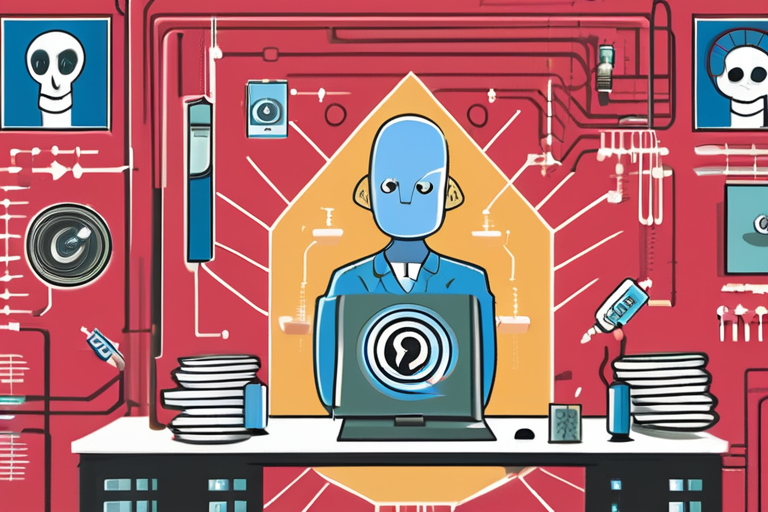

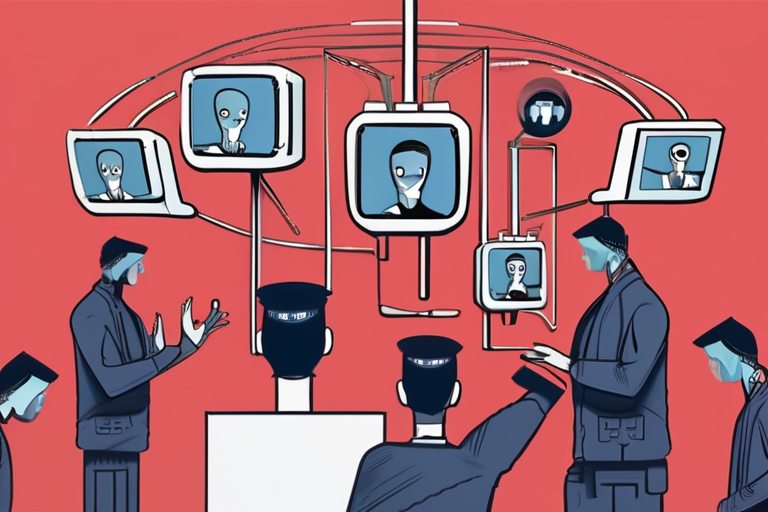
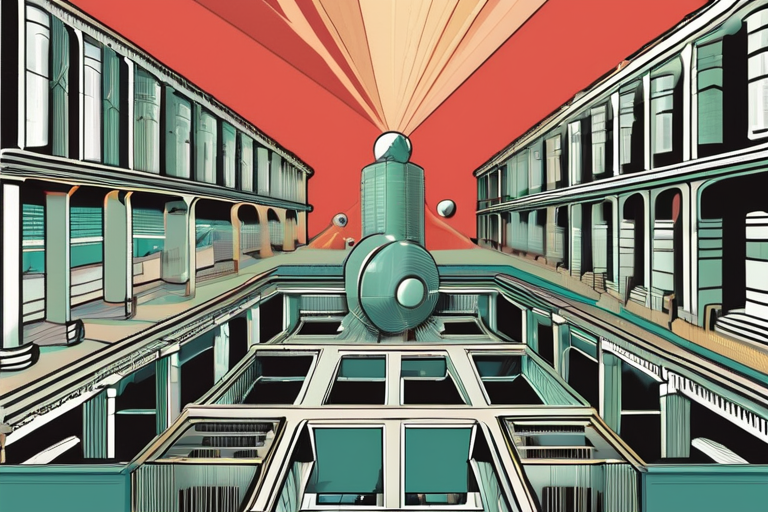
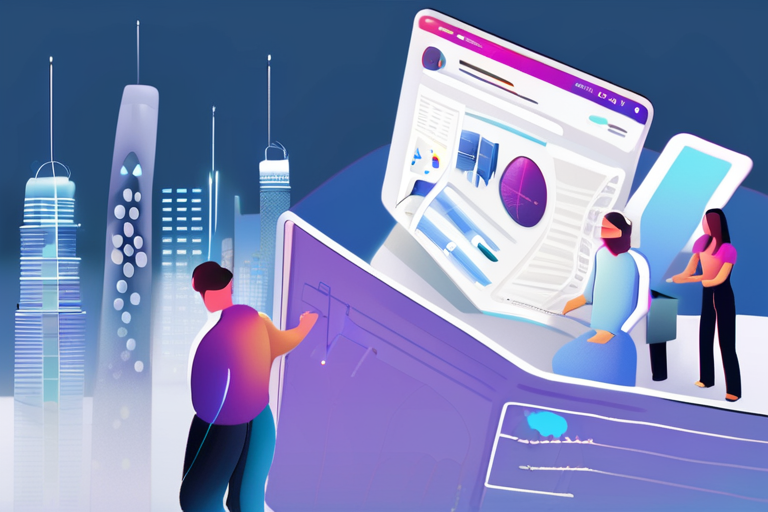
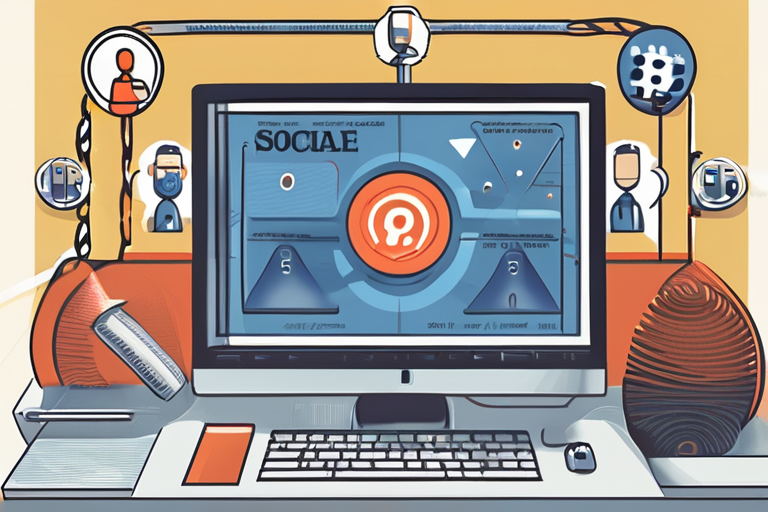
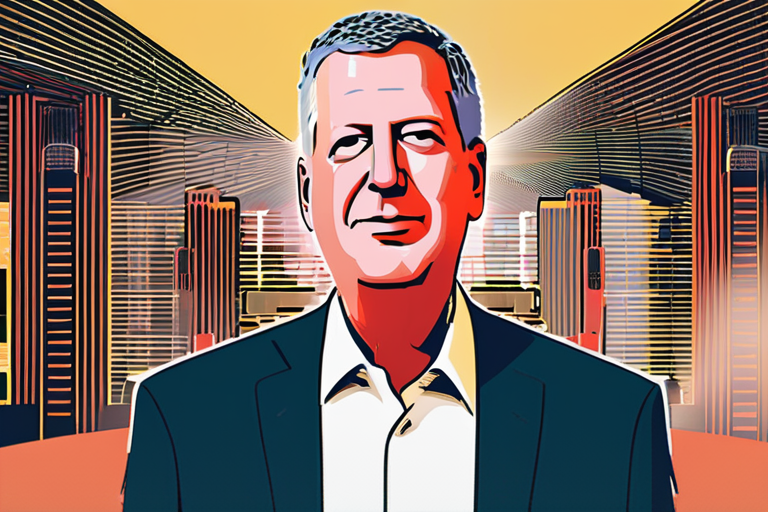

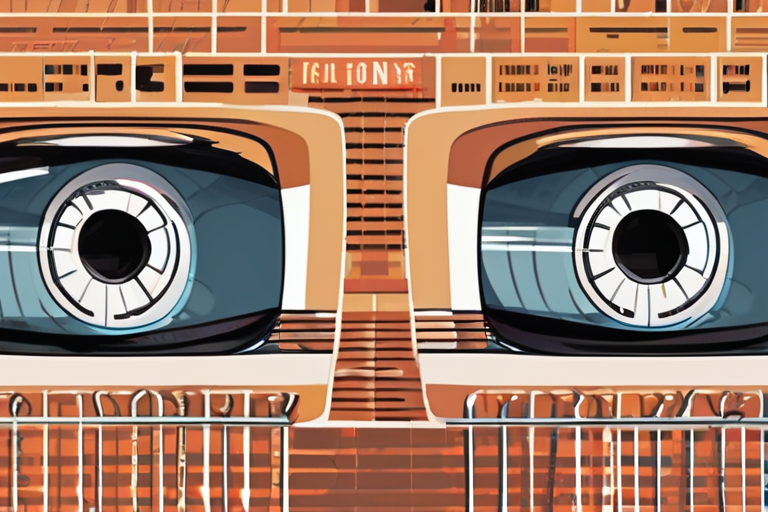
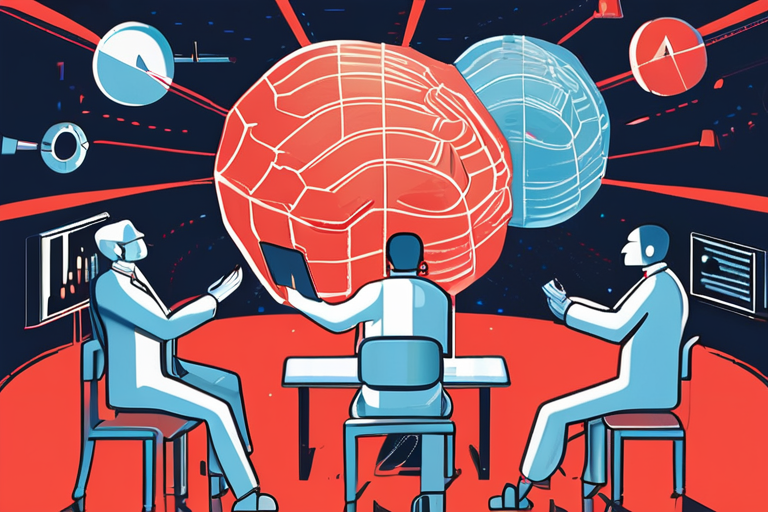
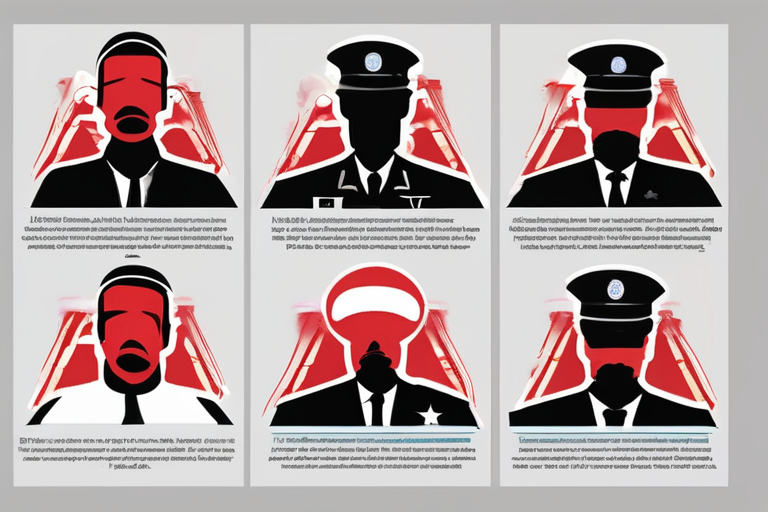
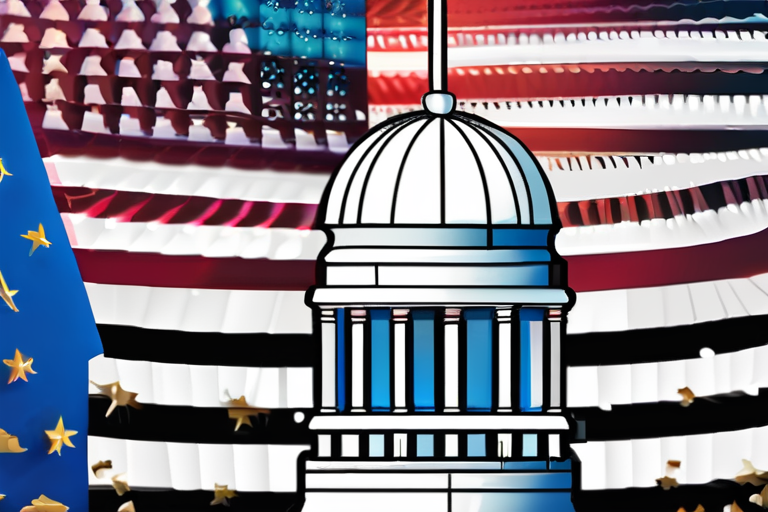
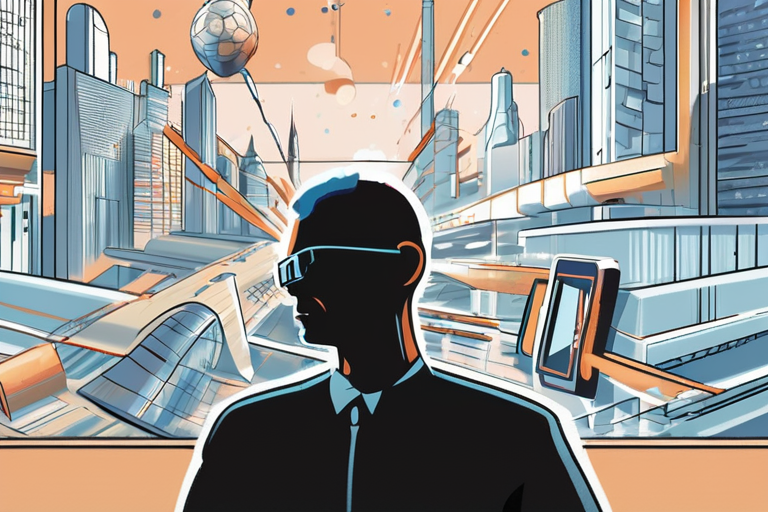
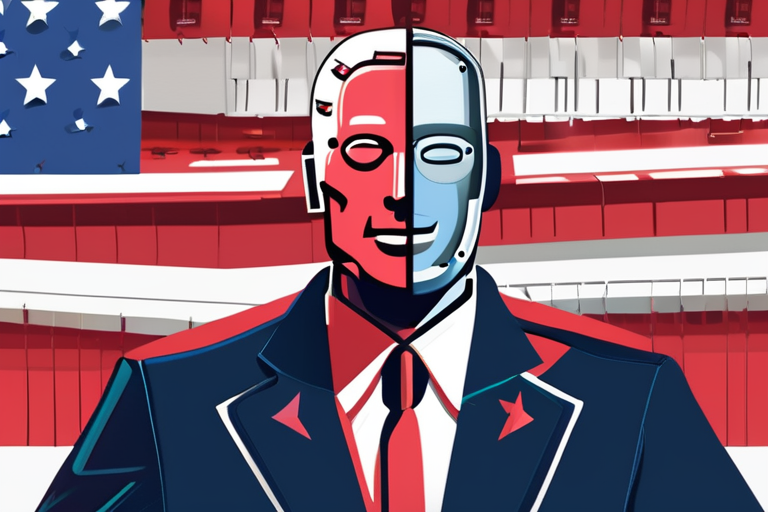
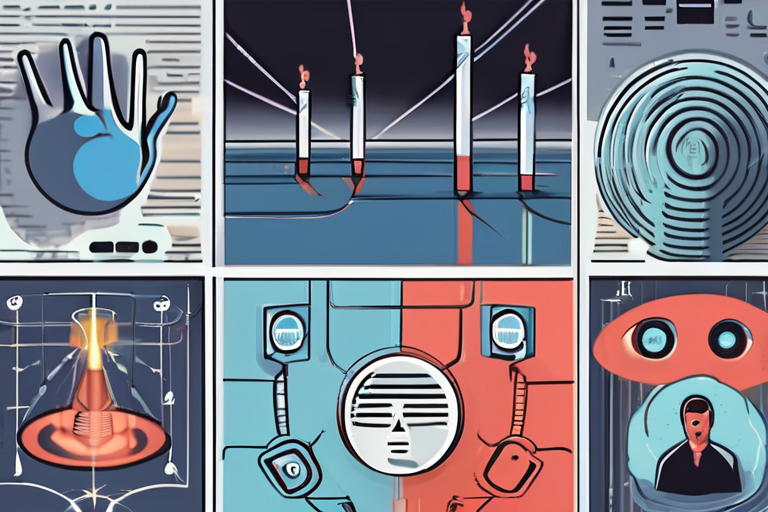
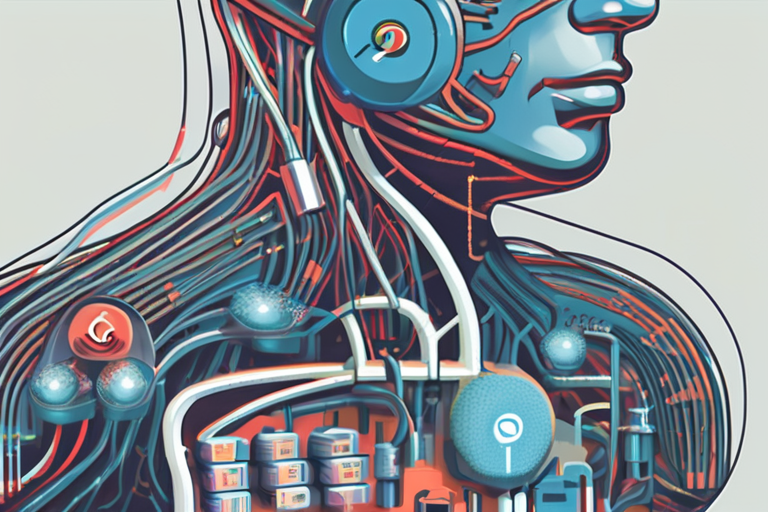


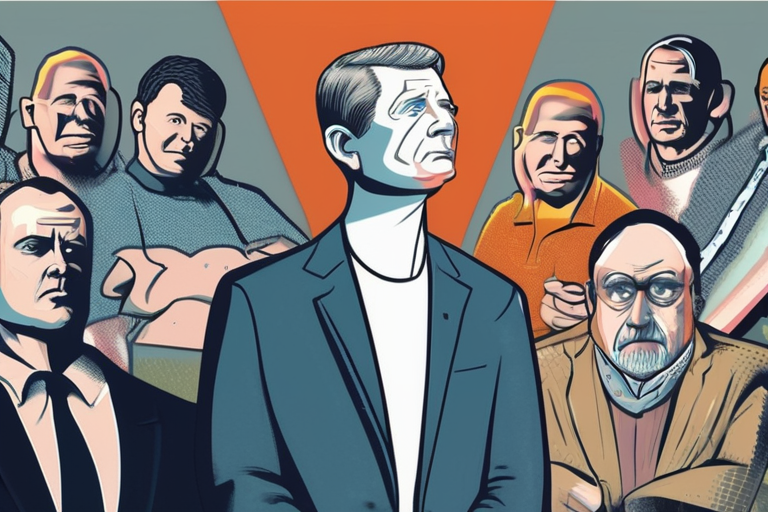
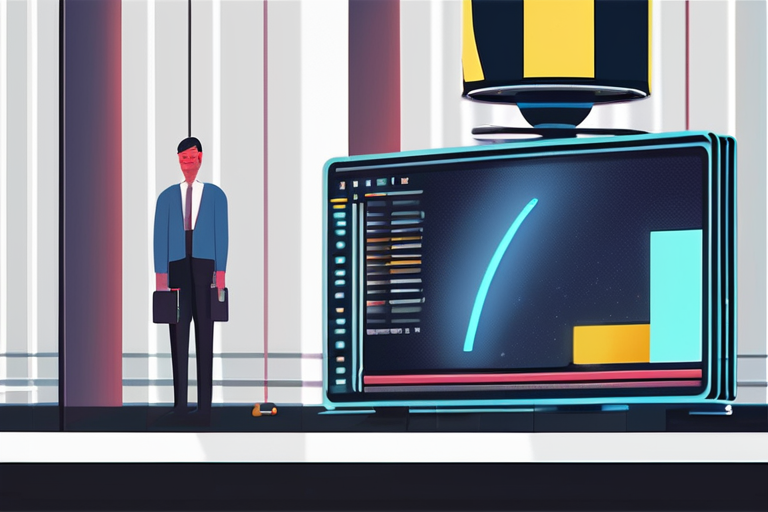
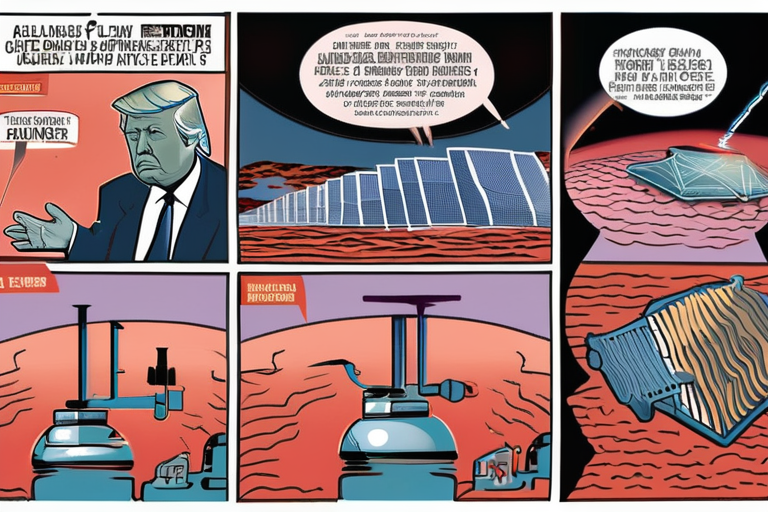

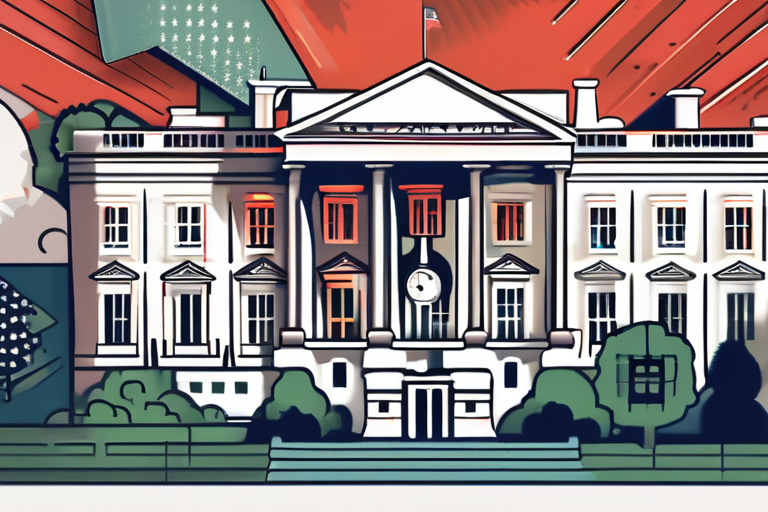

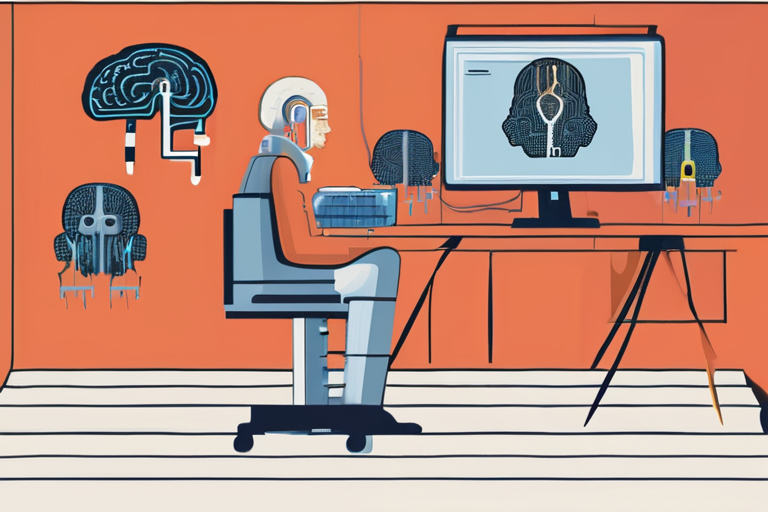
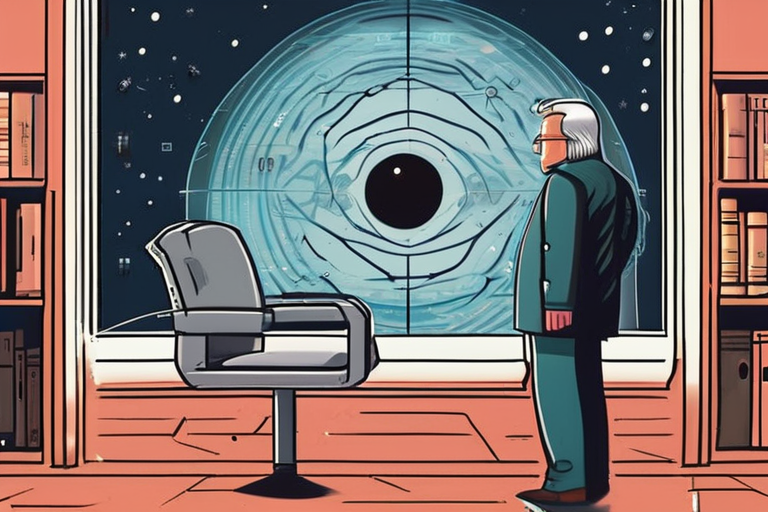
Share & Engage Share
Share this article